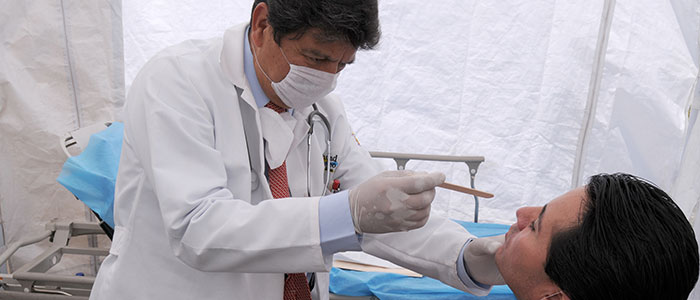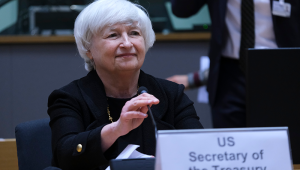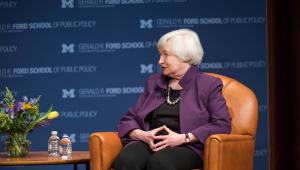Web_MexicanDoctor_shutterstock_29436109.jpg

Image © Shutterstock
Anthony Fauci, National Institute of Allergy and Infectious Diseases director and chief medical adviser to Joe Biden, said the new US president had retracted predecessor Donald Trump’s decision to withdraw from the World Health Organisation, and will from now on meet its funding obligations.
Speaking at a WHO board meeting one year to the day since the US confirmed its first case of the virus, Fauci also said the US will join the Covax programme, which is overseen by the WHO and aims to distribute vaccines, treatments and diagnostics around the world.
“The United States sees technical collaboration at all levels as a fundamental part of our relationship with the WHO, one that we value deeply and will look to strengthen going forward,” he said.
Fauci also said the US will work to “counter the erosion of major gains in global health”, which will include work on food security, HIV/AIDS, malaria and the preparedness of health systems to deal with crises.
He added that Biden was also revoking Trump’s policy of blocking public funding for organisations that provide counselling on abortion or related services.
“The United States stands ready to work in partnership and solidarity to support the international Covid-19 response, mitigate its impact on the world, strengthen our institutions, advance epidemic preparedness for the future and improve the health and wellbeing of all people throughout the world,” Fauci said.
In the US itself, other members of the Biden administration have been clear that the new president supports large stimulus measures to drive the economic recovery.
New treasury secretary Janet Yellen told a senate committee that economists are at a consensus that “without further action, we risk a longer, more painful recession now, and long-term scarring of the economy later”.
She said more spending will be needed to distribute vaccines, reopen schools safely and make unemployment payments, and said she is willing to take on more debt to do so, even though the US’s national debt is reaching close to 100% of GDP.
“Right now, with interest rates at historic lows, the smartest thing we can do is act big,” she said.
“In the long run I believe the benefits will far outweigh the costs, especially if we care about helping people who have been struggling for a long time.”












